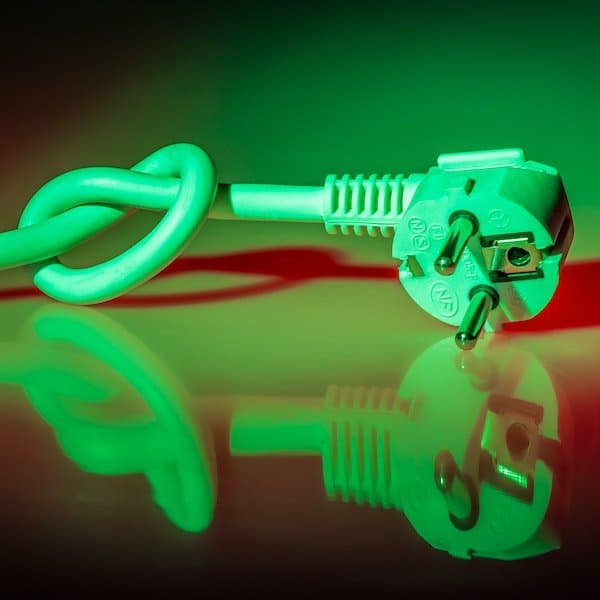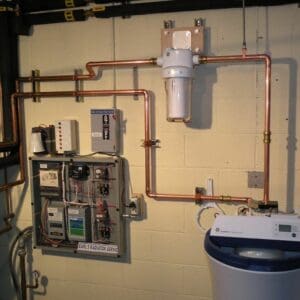How Much Power is Used to Distill Water?
Distilling water is a process that removes impurities and minerals from it. Drinking distilled water is safe because it is purified water that is free of any harmful contaminants. However, power usage in the distillation process should be more noticed. The energy required to distill water in the boiling chamber of a distiller depends on various factors, such as the quantity of water being distilled, the type of distillation apparatus used, and the source of heat.
Typically, it takes around 4 to 6 kilowatt-hours (kWh) of electricity to distill one gallon of water using an electric countertop still. This number can go up to several hundred kWh per day for larger-capacity megahome water distiller or commercial still, depending on its size and usage frequency. However, energy consumption can be reduced significantly if solar or biomass sources are used for heating instead of electricity or gas-powered burners.
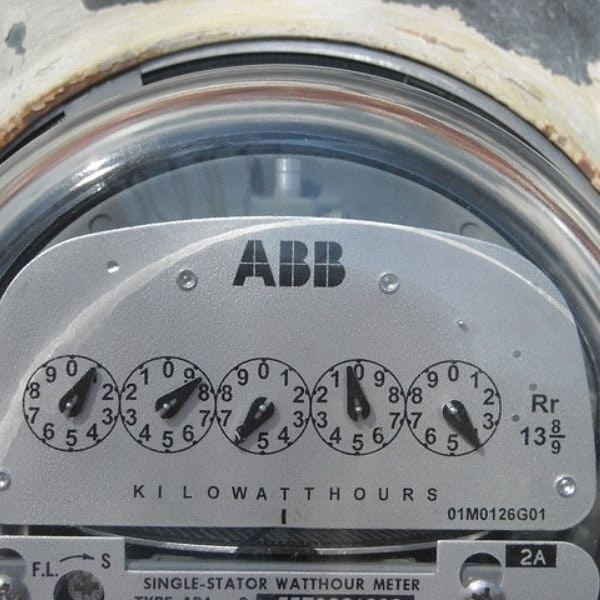
How Long Does It Take to Distill Water?
Distilled pure water is popular for various applications, from medical procedures to laboratory experiments. Distillation is a process that involves the separation of impurities and minerals from ordinary tap water. It takes time and effort to produce pure, distilled water, but how long does it take to complete this process?
The time required for distilling water varies depending on the quantity of water being distilled and the type of distillation equipment used. Generally, it can take between 4-6 hours to produce one gallon of distilled water using a standard countertop distiller. However, larger industrial-sized distillers can produce up to thousands of gallons in one hour. Here is a list of best water distillers that you can check out.
What Does a Water Distiller Remove?
A water distiller effectively removes minerals such as calcium, magnesium, and iron from your drinking water. While these minerals are beneficial for our bodies in small amounts, high levels in our tap water can lead to hard water stains on surfaces and appliances. Furthermore, consuming excessive amounts of these minerals may lead to health issues such as kidney stones.
Additionally, a water distiller can remove harmful chemicals like chlorine and fluoride from tap water. Municipalities often add chlorine as a disinfectant, but it can negatively affect our skin and hair when showering or bathing.
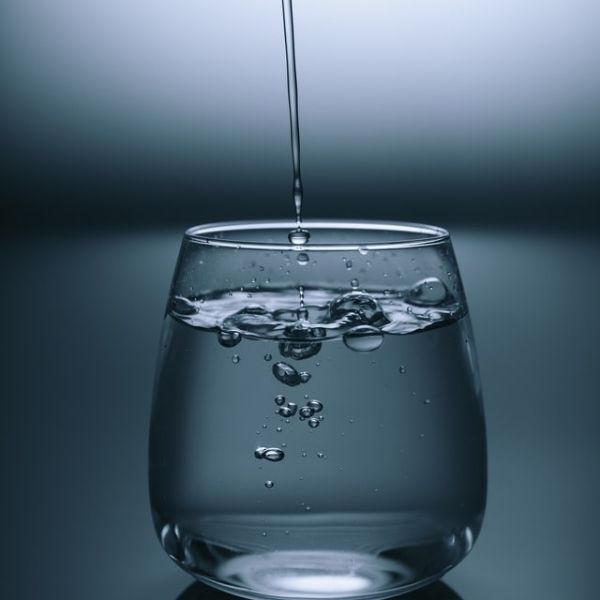
Are Boiling and Distillation the Same?
Boiling and distillation are two common techniques to separate a substance mixture. Although they may seem similar at first glance, there are important differences between the two methods.
Boiling is a process in which a liquid is heated to its boiling point, causing it to turn into vapor. This vapor can then be condensed back into a liquid through cooling. Boiling is often used for simple separations, such as separating water from salt or alcohol from water. It works best when the substances have very different boiling points.
Making distilled water, however, involves heating water until it vaporizes and then condensing it back into liquid form again. Water distillation is more complex than simple boiling, requiring specialized equipment such as a distillation column or still.
What Are the Common Uses of Distilled Water?
Distilled water has a wide range of uses due to its purity and lack of contaminants.
One common use for distilled water is in medical settings. It is commonly used for sterilization, such as cleaning surgical instruments or preparing solutions for injections. Additionally, it can be used in respiratory therapy machines to prevent mineral buildup that could clog the equipment and create health hazards.
Due to water purity, distilled water also has several household uses. It can be used as an ingredient in homemade cleaning solutions since it lacks minerals that can leave streaks or stains on surfaces.
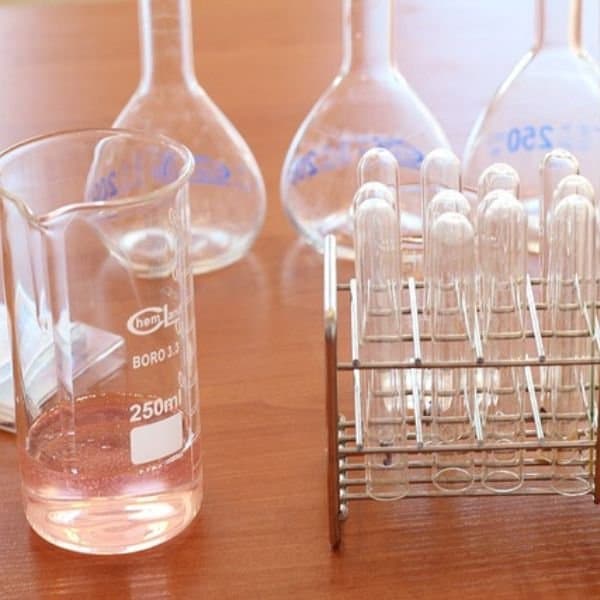
Pros and Cons of Water Distillers
Water distillers are becoming increasingly popular among health-conscious individuals who want to ensure they consume clean water. These devices work by boiling water and then collecting the steam, which is condensed into liquid form. This process removes impurities such as minerals, bacteria, and chemicals from the water.
Pros
The key advantage of using a water distiller is that it produces a high purity level in the resulting water. Unlike other filtration methods, which can leave behind trace amounts of impurities, distilled water is completely pure. This makes it an ideal choice for anyone with a compromised immune system or who wants to avoid exposure to contaminants.
Cons
However, individuals should consider the cons of using water distillers before investing in one.
Water distillers require a significant amount of energy to operate efficiently. This means that the electricity bill could increase significantly for households or businesses that use them regularly.
Another major disadvantage of using water distillers is the removal of beneficial minerals from the water during the purification process. While these minerals may not be essential for survival, they provide health benefits such as aiding digestion and maintaining healthy bones and teeth. As a result, individuals who rely solely on distilled water may need to supplement their diet with additional sources of these essential minerals.
Conclusion
Water distillers are a great way to obtain clean drinking water without buying bottles or worrying about contaminants. However, they use more power than other filtration systems and, therefore, may not be the best choice if power consumption is an issue. Ultimately, whether or not to use a water distiller should consider both the need for clean drinking water and the consideration of power consumption.
